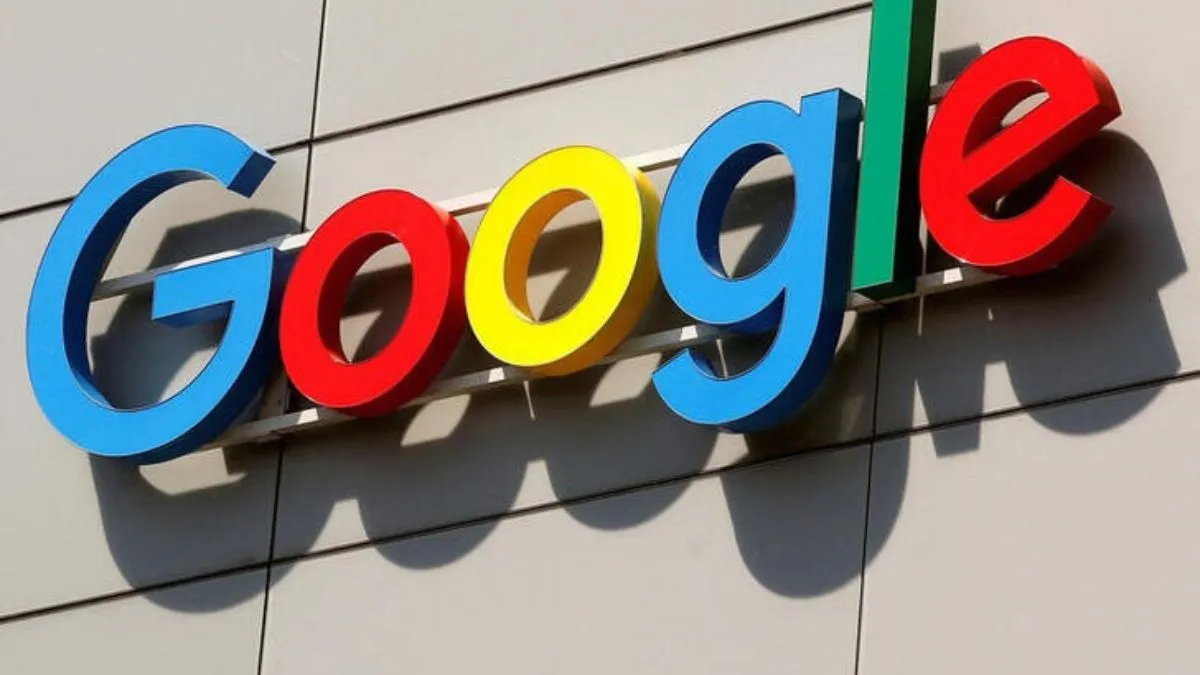- By Alex David
- Mon, 14 Jul 2025 06:18 PM (IST)
- Source:JND
Google recently confirmed years of speculation and in-house development when it confirmed its plans to combine Chrome OS into Android—an event that could significantly alter the future of laptops, tablets, and large-screen devices alike.
Sameer Samat, who is in charge of the Android ecosystem at Google, confirmed it in an interview with TechRadar. When Samat noticed a journalist using Apple devices, he responded accordingly:
“I asked because we’re going to be combining Chrome OS and Android into a single platform, and I am very interested in how people are using their laptops these days and what they’re getting done.”
Google has now made public their long-term platform unification plans in an affirmative statement.
What Does This Mean for Android and Chrome OS?
According to reports by Android Authority, this project does not involve creating a completely new operating system; rather, it involves merging Chrome OS into Android to make Android the primary platform for both smartphones and computers.
ALSO READ: Google Gemini Now Lets You Turn Photos Into AI-Generated Videos with Sound
This aligns with recent Android improvements aimed at big screens:
- Desktop mode
- Windowed app support
- Better external display handling
- More adaptable app UI across device types
Android is being updated to do what Chrome OS already can do, while being integrated more seamlessly across Google's ecosystem.
Why Google Is Doing This?
People's usage habits have evolved significantly over time, as more users multitask between phones, tablets, and laptops simultaneously. AI tools, hybrid work setups, and cross-device experiences necessitated Google adopting an all-in-one OS strategy similar to Apple's integration between macOS, iOS, and iPadOS.
Samat's question regarding laptop usage reveals Google's desire for direct feedback about how its unified platform performs in everyday productivity situations.
User Reactions Are Mixed
When Android Authority polled its readers back in November:
- Almost 50% supported the merger
- A sizable minority were skeptical
Concerns included:
- Whether Chromebook hardware would need expensive upgrades
- How this might impact Chrome OS update timelines
- Whether Google could actually deliver a stable, merged experience
- Google was given time and opportunity to prove itself as a provider of a reliable experience, but they never quite succeeded.
Critics' judgements are certainly justified; Google has an unfortunate track record of abandoning ambitious projects or changing course midway through development (remember Fuchsia?).
What’s Next?
What Comes Next for Android? Google is yet to set an exact timeline, but one thing is clear: Android will soon expand beyond smartphones to become the default OS across all personal devices powered by Google - whether this results in a genuine laptop-quality experience remains to be seen.
Developers and users should expect major shifts in how Android behaves on larger screens in the coming years.

